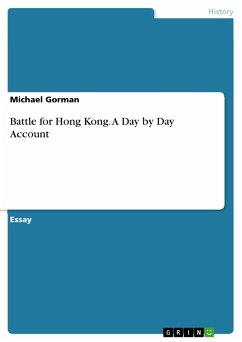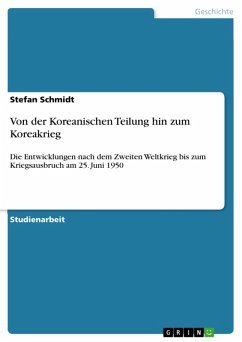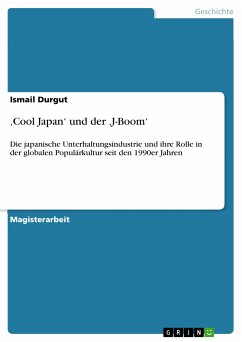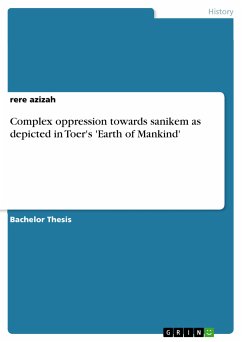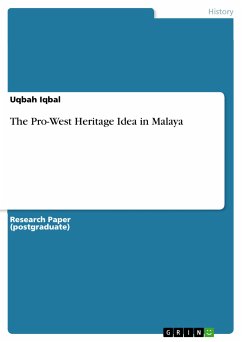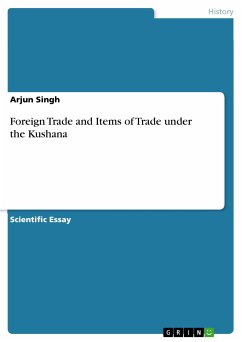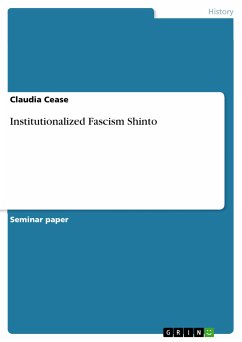
Institutionalized Fascism Shinto (eBook, PDF)
Sofort per Download lieferbar
Statt: 15,95 €**
13,99 €
inkl. MwSt. und vom Verlag festgesetzt.
**Preis der gedruckten Ausgabe (Broschiertes Buch)
Alle Infos zum eBook verschenkenWeitere Ausgaben:

PAYBACK Punkte
0 °P sammeln!
Seminar paper from the year 2012 in the subject History - Asia, grade: 1, University of Alaska Fairbanks, course: HIST F434, language: English, abstract: (...) In theory, it was a decent compromise between a king and his subjects. But practice showed a much different picture. As much as Japan was acquainted to stratification of the people it is surprising that this did not reflect in its constitution: Nobody was responsible. The emperor was by default infallible, therefore could not be held responsible; in theory it was the government by countersignature, but in reality, nobody could be held t...
Seminar paper from the year 2012 in the subject History - Asia, grade: 1, University of Alaska Fairbanks, course: HIST F434, language: English, abstract: (...) In theory, it was a decent compromise between a king and his subjects. But practice showed a much different picture. As much as Japan was acquainted to stratification of the people it is surprising that this did not reflect in its constitution: Nobody was responsible. The emperor was by default infallible, therefore could not be held responsible; in theory it was the government by countersignature, but in reality, nobody could be held there responsible either as nobody had any official authority. It would soon unravel into a convoluted political intrigue and even assassinations. Moreover, the constitution didn't account for the most important factor of all concepts to regulate humanity: human character itself. But for now, the revolutionists of the Meiji restoration were able to master the balancing act between spiritual commitment and worldly necessity.
Dieser Download kann aus rechtlichen Gründen nur mit Rechnungsadresse in A, B, BG, CY, CZ, D, DK, EW, E, FIN, F, GR, HR, H, IRL, I, LT, L, LR, M, NL, PL, P, R, S, SLO, SK ausgeliefert werden.







